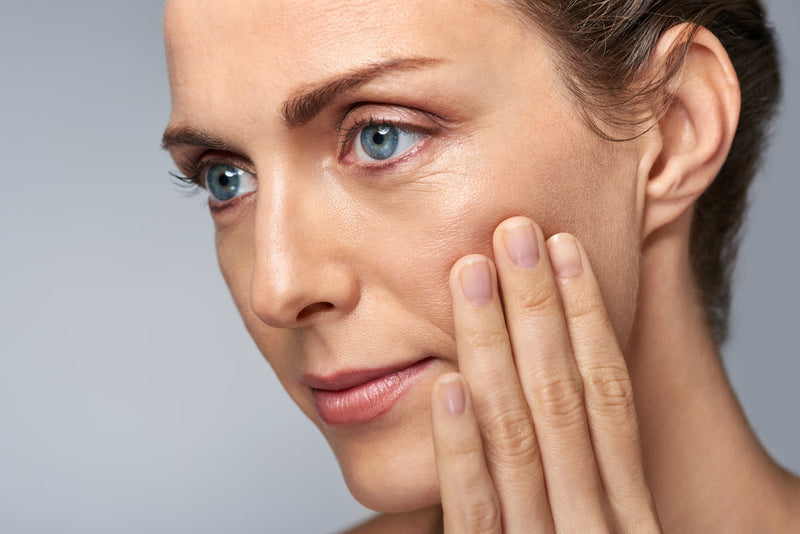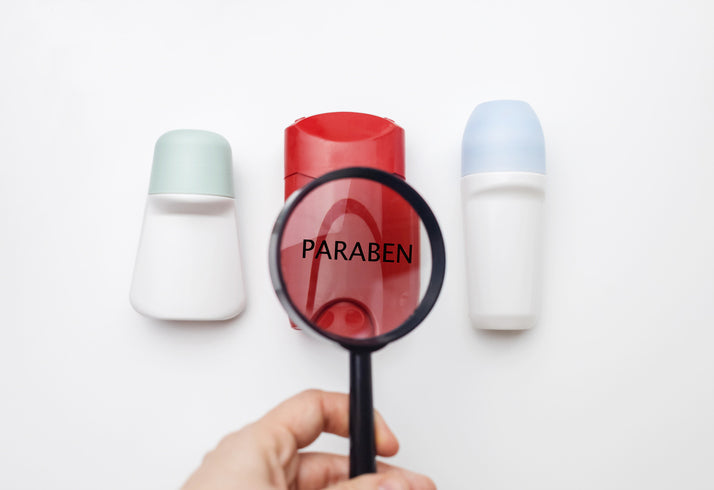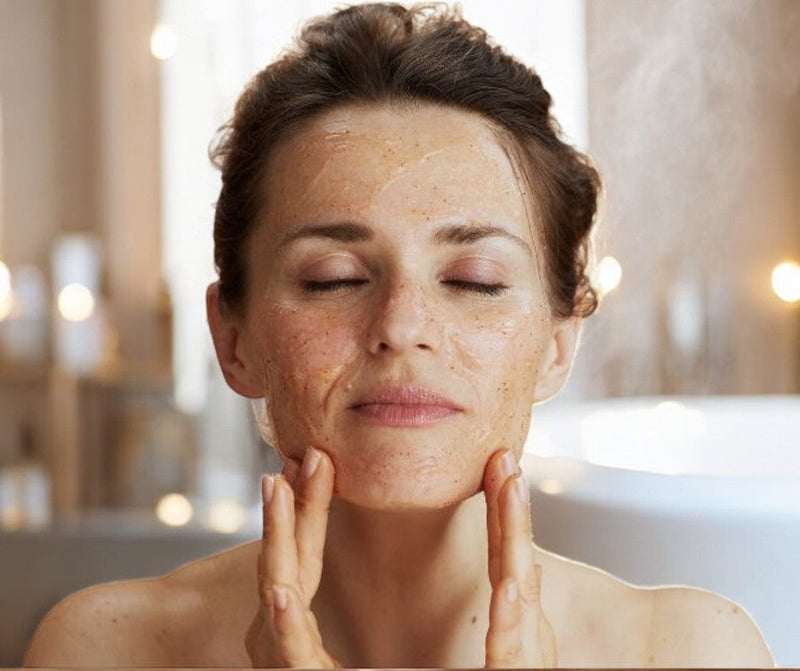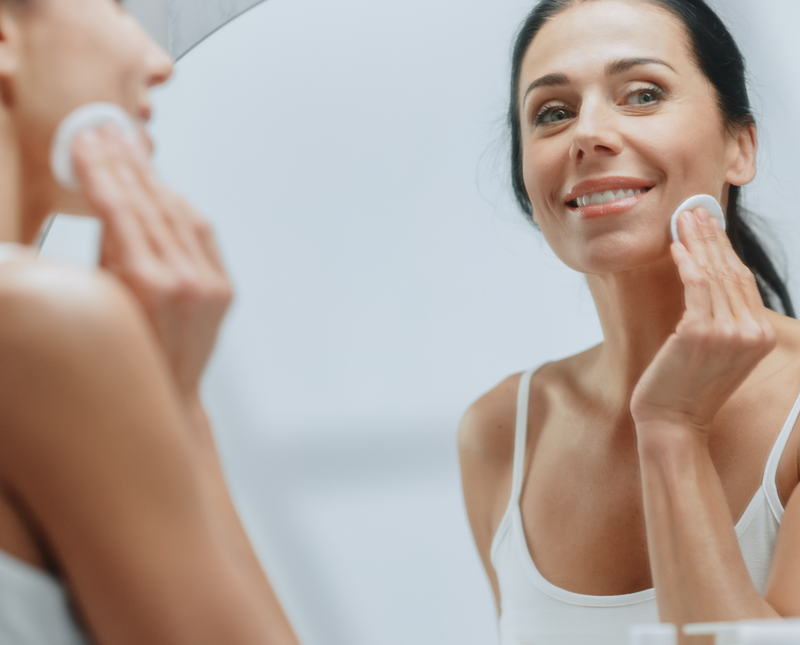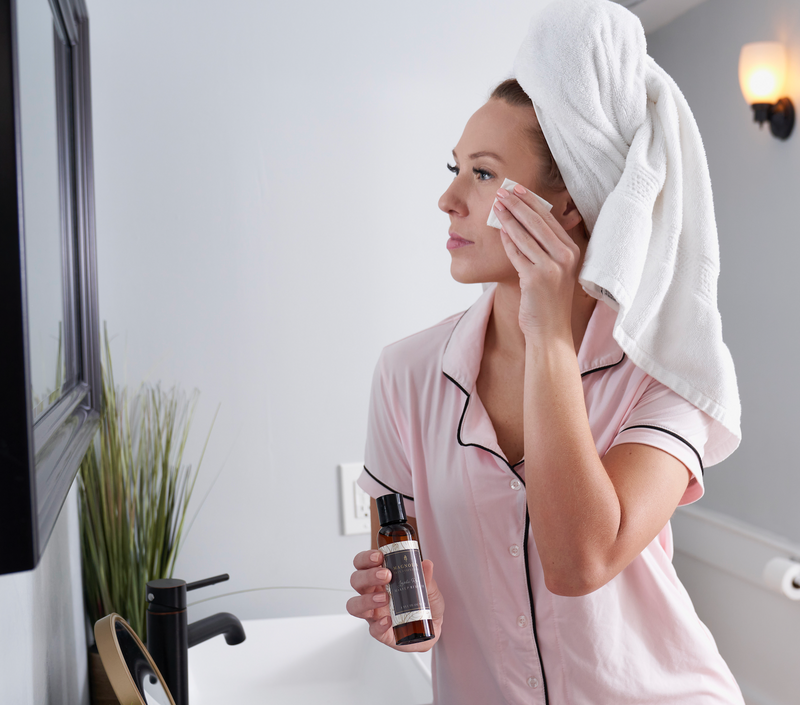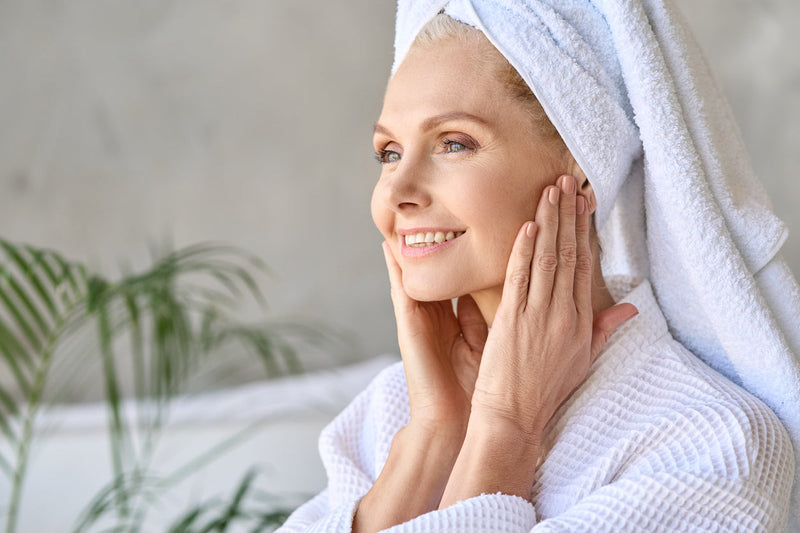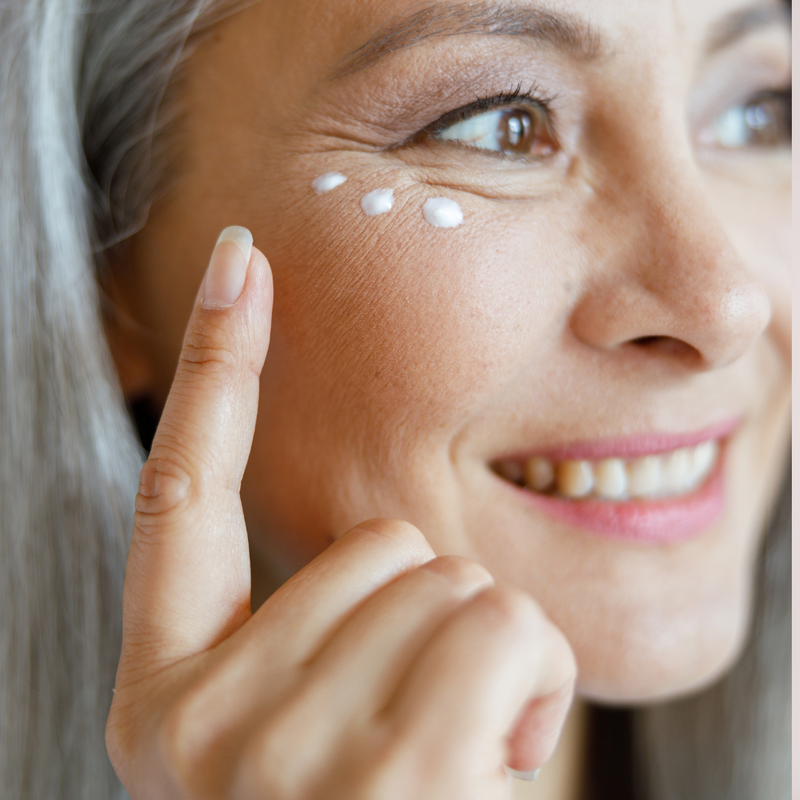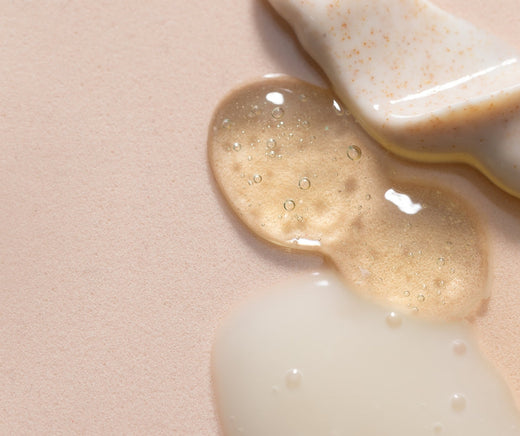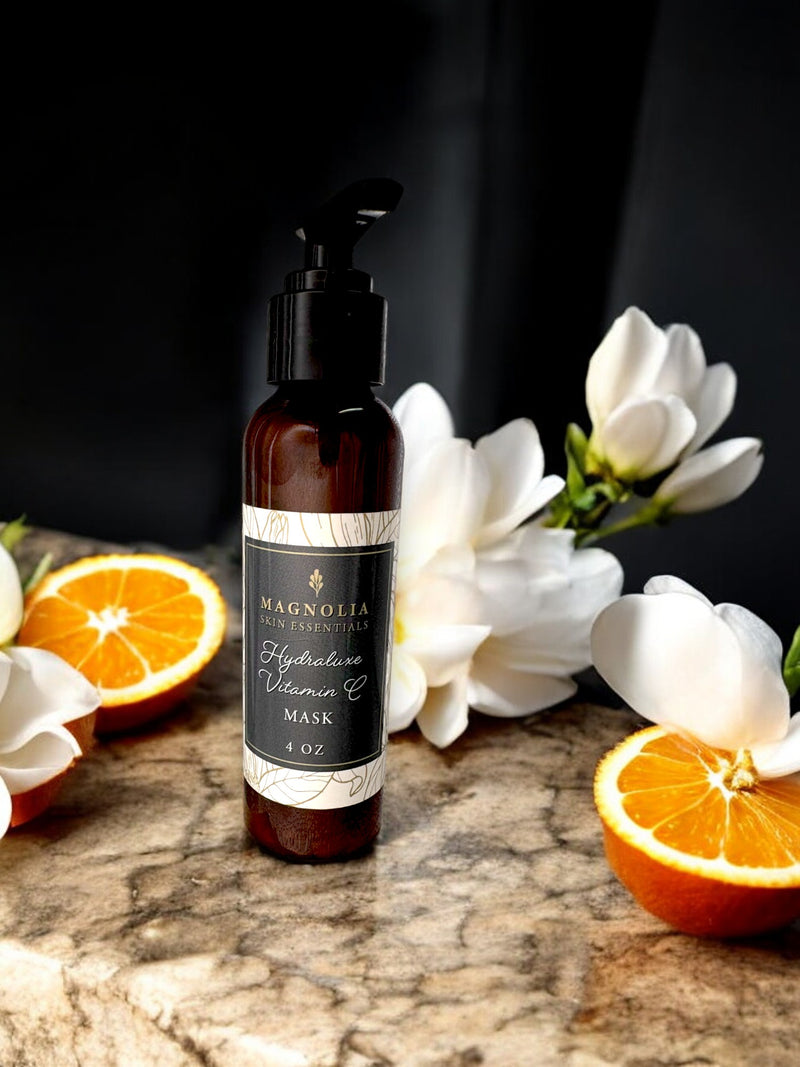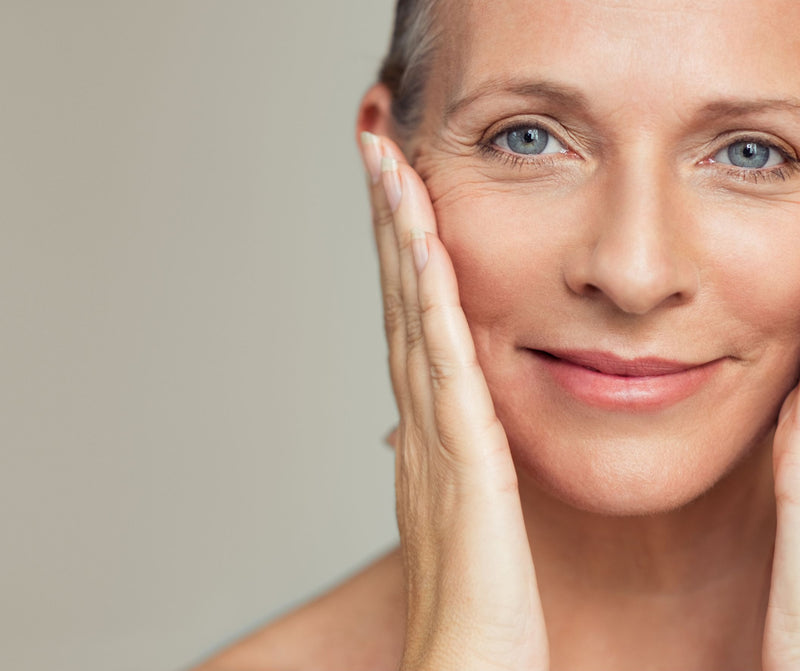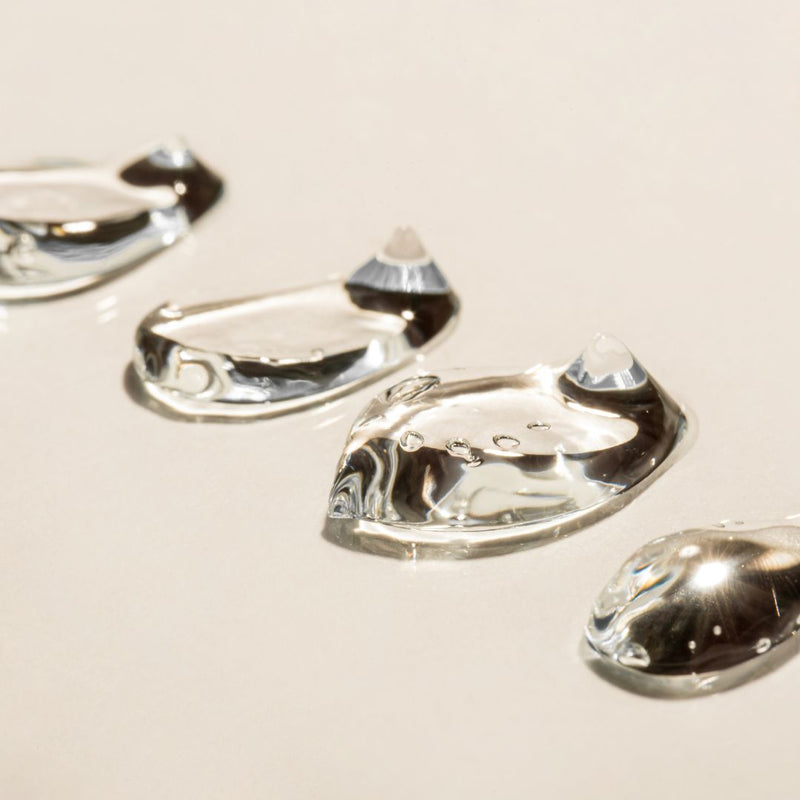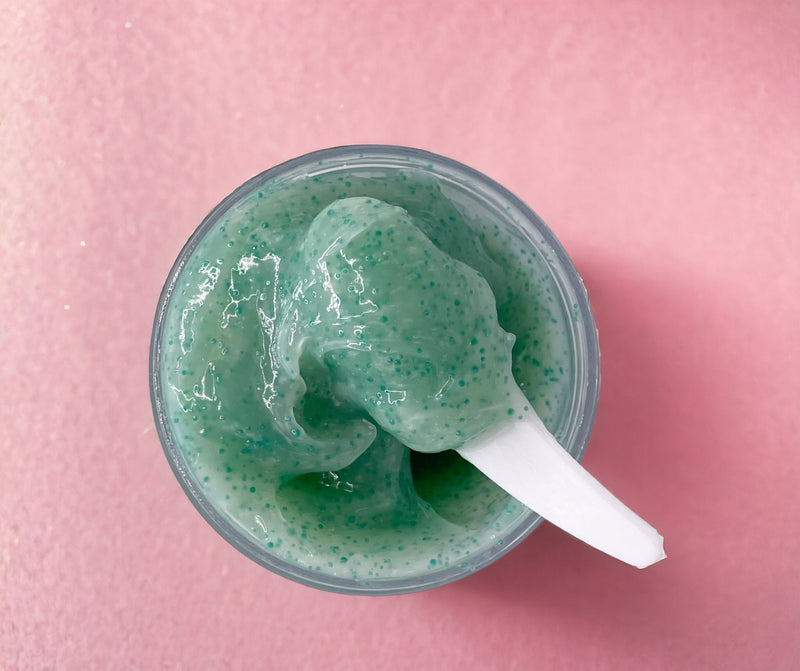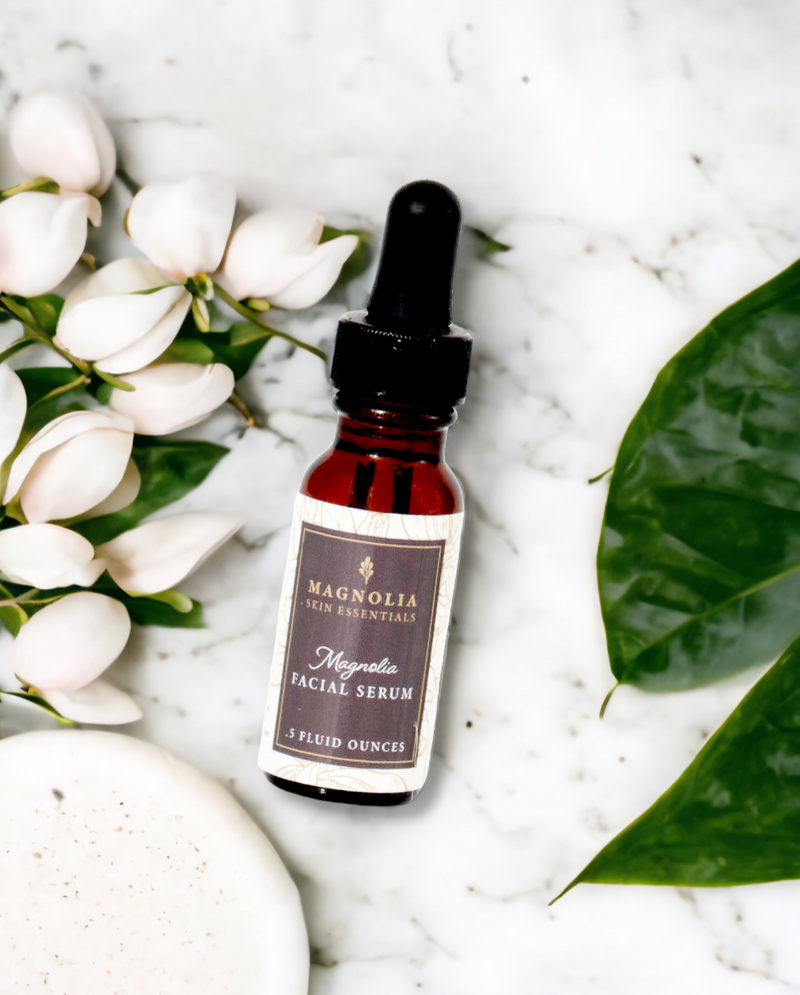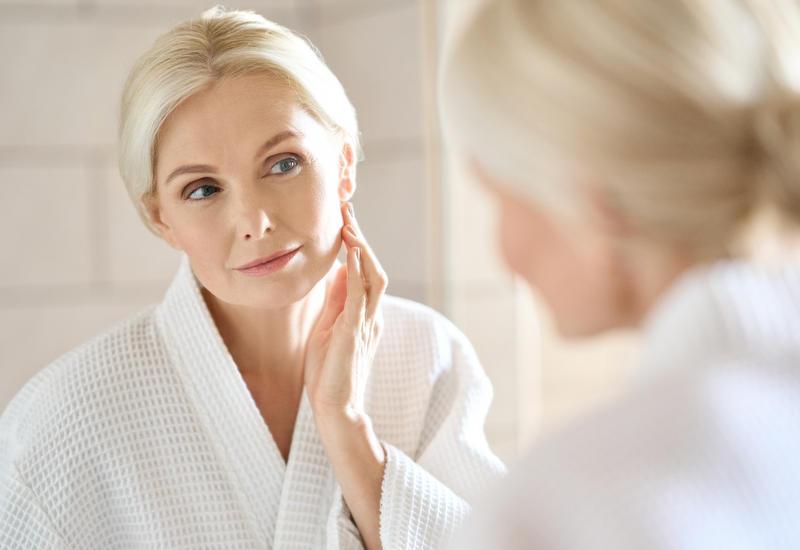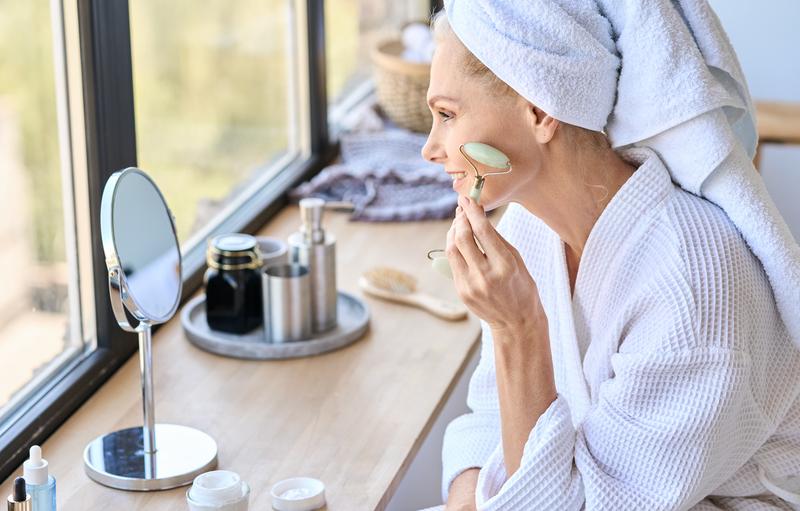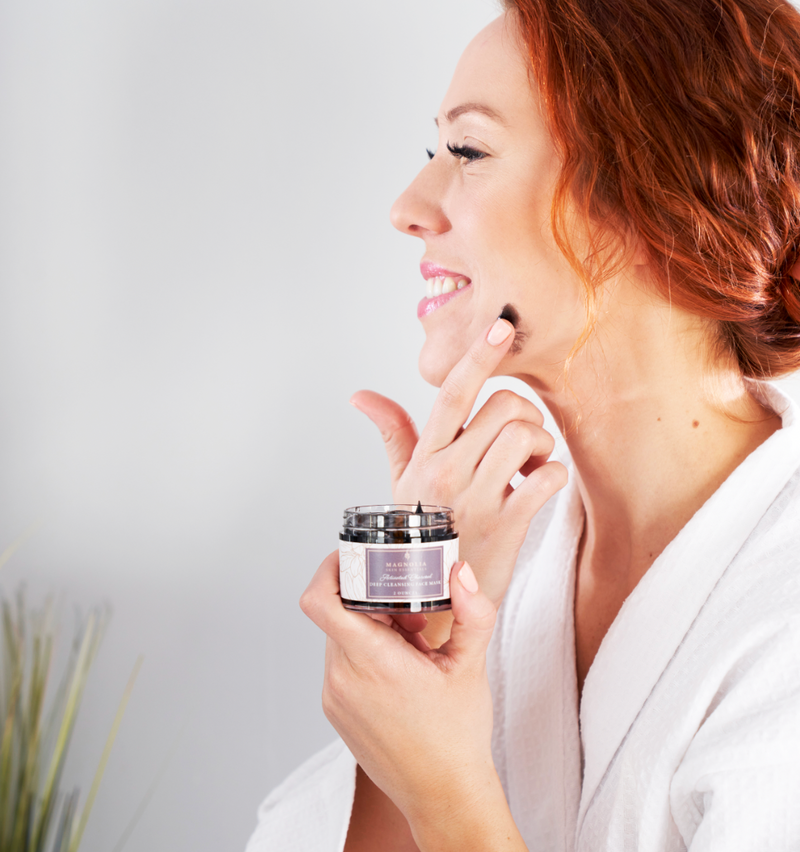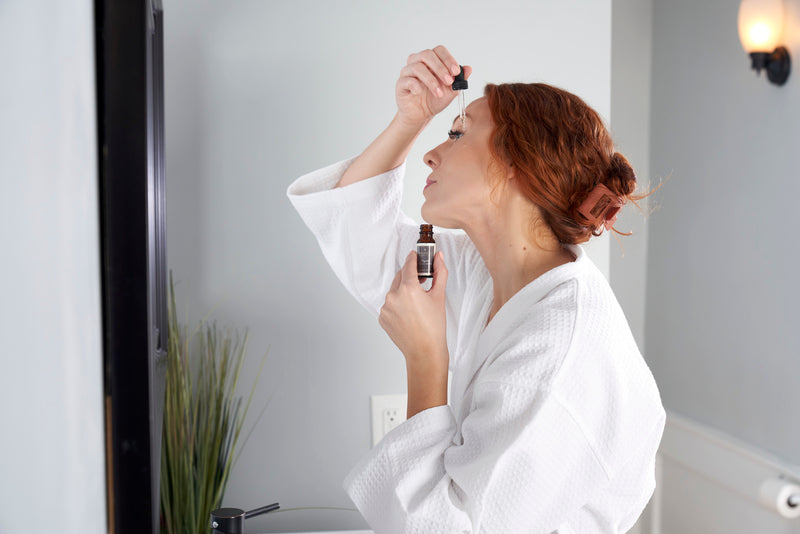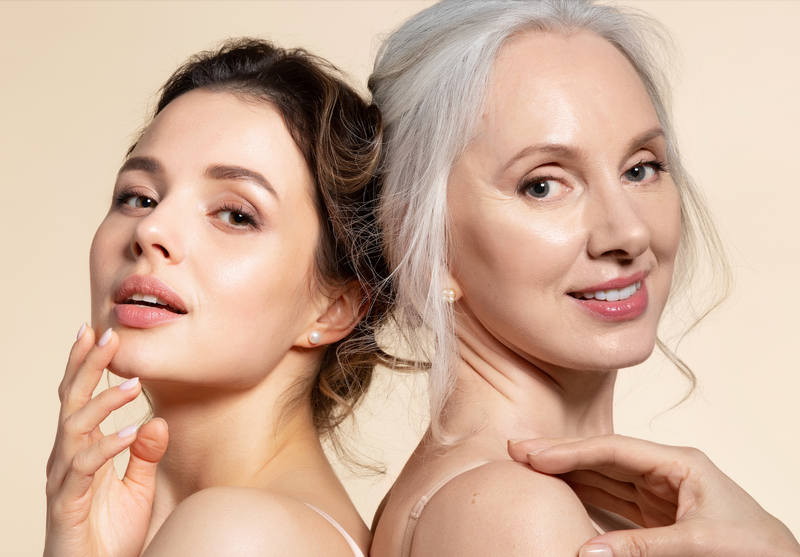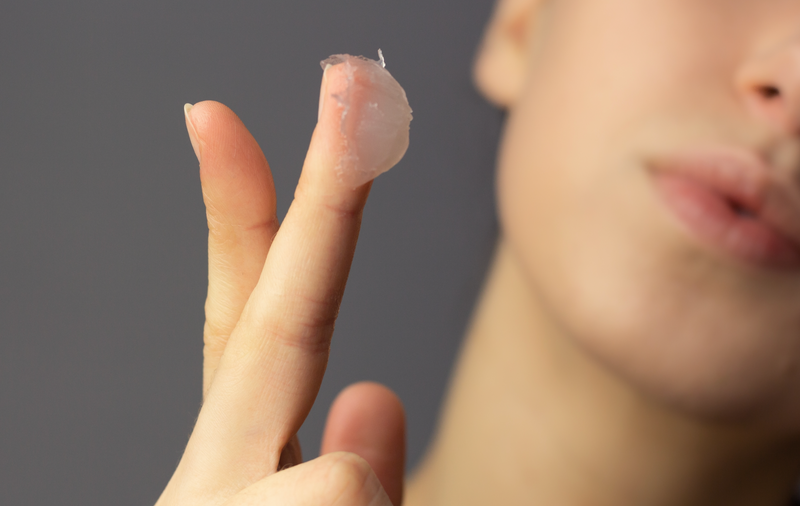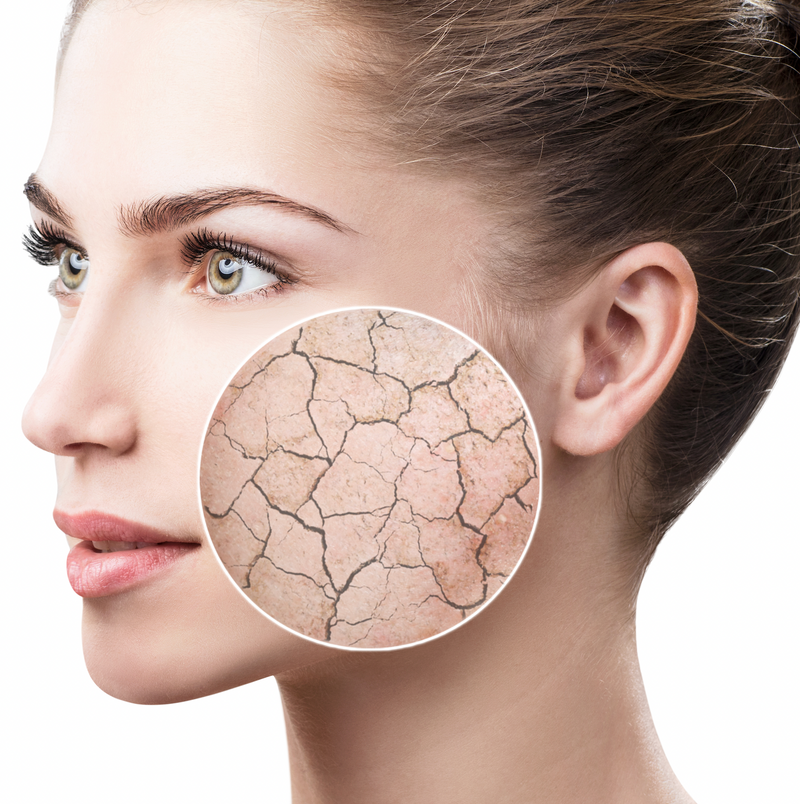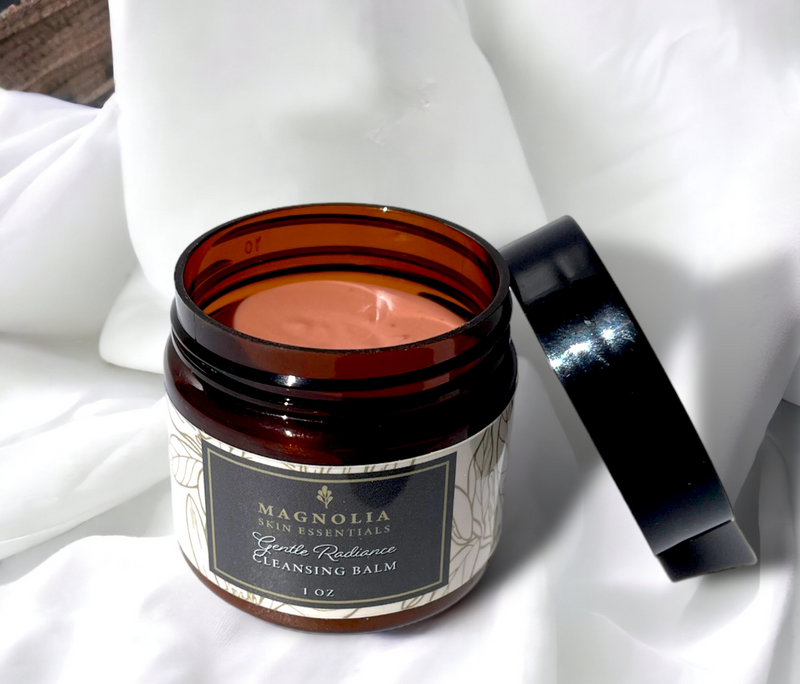Maintaining healthy, radiant skin requires a well-thought-out skincare routine, and sunscreen is a crucial component in protecting our skin from harmful UV rays. While experimentation can be fun, combining cosmetics or skincare products with sunscreen might not yield the desired results. Here are some reasons why it's best to avoid mixing these products and understand the potential risks involved.
Sunscreen's Primary Function
The primary purpose of sunscreen is to shield our skin from the damaging effects of the sun's ultraviolet (UV) radiation. Sunscreens are formulated with specific ingredients that create a protective barrier, reflecting or absorbing UV rays. Mixing sunscreen with other products can alter its composition and reduce its effectiveness, compromising the very purpose for which it is designed.
Incompatibility and Reduced Sun Protection
According to Perry Romanowski, cosmetic chemist, Inventor, scientist, instructor and founder of Chemists Corner, mixing sunscreen with other products is not advisable because, “certain ingredients that are commonly used in skin care products can interfere with the way UV absorbers deposit/spread on the skin. The last thing you want to do is compromise the performance of the active ingredient in a sunscreen. Not only are you wasting money but more importantly you’re increasing your risk of sunburn or worse! (Perry Romanowski, n.d., Is SPF Lotion Safe To Mix, Beauty Brains Blog)
Cosmetics and skincare products often contain various ingredients such as oils, silicones, and preservatives, which can interfere with sunscreen's ability to form an even and effective barrier. Mixing these substances together can lead to a compromised sun protection factor (SPF) and reduce the overall efficacy of the sunscreen. As a result, you might end up with inadequate protection against harmful UV rays, increasing the risk of sunburn, premature aging, and skin damage.
Alteration of SPF and UV Filters
Sunscreen formulations undergo rigorous testing to determine their specific sun protection factor (SPF). Mixing sunscreen with other products can alter this SPF, rendering it unreliable. Additionally, some sunscreen products contain specific combinations of UV filters to provide broad-spectrum protection against both UVA and UVB rays. When mixed with other products, these filters might interact or degrade, further compromising the sunscreen's effectiveness.
Potential Skin Irritation and Allergies
Cosmetics and skincare products are formulated with specific ingredients catering to their intended purpose. However, combining these products with sunscreen can create chemical interactions that result in skin irritation, allergies, or adverse reactions. The delicate balance of pH levels, textures, and active ingredients in skincare and cosmetic products may not align with the composition of the sunscreen, leading to unwanted skin issues.
Preserve Product Integrity
Each skincare or cosmetic product is meticulously formulated to deliver specific benefits to your skin. Mixing them with sunscreen can alter their individual effectiveness and negate the desired outcomes. To achieve optimal results, it's advisable to apply products individually, allowing them to work their magic without interfering with one another.
Conclusion
While the allure of mixing cosmetics and skincare products with sunscreen might seem tempting, it's essential to understand the potential risks involved. By maintaining the integrity of each product and applying them separately, we can ensure maximum sun protection and enjoy the benefits of both skincare and sunscreen for healthier, happier skin.



